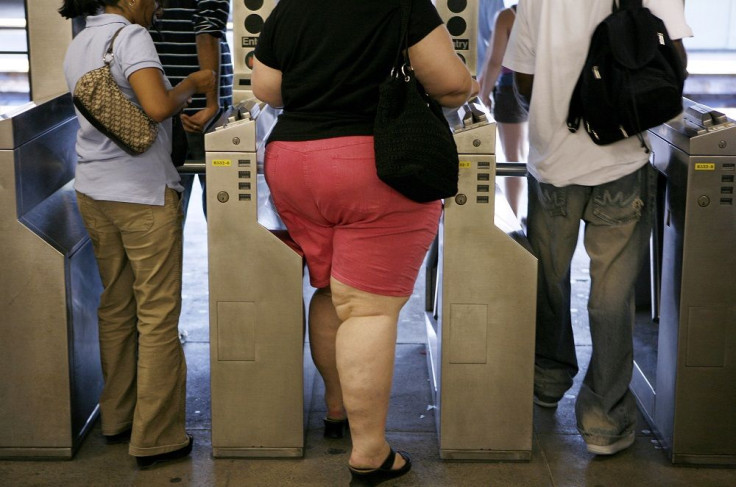Aussie health agencies warn against 'slurping' towards weight gain, obesity this summer

Australian health agencies have launched an advertising campaign in Melbourne to warn consumers about the unhealthy amount of sugar in frozen drinks. A glass of slushie may be ideal while it’s hot outside, but the drink could mean sucking down an entire week's worth of sugar, health experts have warned.
Hot days in Australia may call for frozen treats, but having an unhealthy drink could mean too much sugar in one sitting. The Cancer Council's Craig Sinclair said that cheap frozen drinks might seem refreshing, but people need to realise they could easily be sucking down a week's worth of sugar.
LiveLighter and Rethink Sugary Drink have partnered to launch the “Don't Be Sucked In” campaign. The alliance of 18 health agencies warned that some frozen drinks, specifically in large-size, contain as much as 20.4 teaspoons of sugar. That is nearly half an entire week’s suggested maximum in a single cup.
Consuming a large slurpee every day in summer can result in weight gain, according to LiveLighter campaign manager Alison McAleese. She said that Australians could be slurping their way towards obesity and toxic fat this summer. This could up the risk of type 2 diabetes, stroke and tooth decay, 13 types of cancer and heart and kidney disease.
The group said that the campaign seeks to counteract cheap frozen drink promotions. "At this time of year it's almost impossible to escape the enormous amount of advertising and promotions for frozen drink specials on TV, social media and public transport," News.com.au reports Sinclair as saying.
Based on data from the Bureau of Statistics, Australia is one of the 10 highest soft drink-consuming countries per capita. The World Health Organisation’s recommendation is for adults to consume no more than six teaspoons of sugar per day.
There have been recent calls from health experts to introduce a sugar-sweetened beverages tax in Down Under. The Australian Medical Association specifically urged the government to do so in a 2018 statement on nutrition.
The Greens expressed support for the proposed tax. It suggested a 20 percent increase in the price of sugary drinks.
However, health minister Greg Hunt said that the government will not support it. He pointed out that food labelling laws and voluntary codes of conduct to restrict food marketing to kids are adequate. For Labor’s Tanya Plibersek, other strategies are needed in order to promote a healthy lifestyle.





















